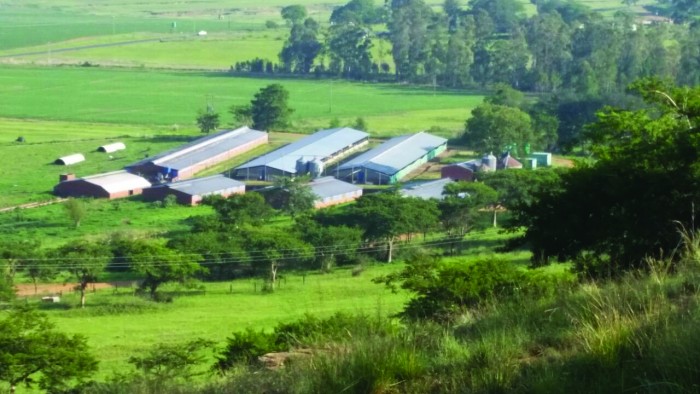A review into farm regulation has recommended the introduction of a new single, independent regulator after we leave the EU.
Dame Glenys Stacey’s wide-ranging review, published today, calls for ‘more supportive, flexible and incentives-led approach to farming regulation’. The report concludes that the current regulation of the farming sector, with its one-size-fits-all, rules-based approach, is far too inflexible. Leaving the EU provides the opportunity to do things differently.
“As things are, farmers are subject to a number of pernickety and sometimes nonsensical rules,” Dame Glenys said.
“There is little practical advice or guidance given to ensure compliance. Instead, automatic financial penalties have become the norm when at times they are unfair. The large majority of farmers want to farm responsibly but some need guidance, advice and support to do that.
“A regulator should provide that, and explain why any change on the farm is needed. Yes, sometimes swingeing sanctions are justified, but more often, more is achieved by a more supportive approach.”
The core recommendation is for a new independent regulator that would be supportive of farmers’ individual circumstances, offering them practical advice, guidance and helping to incentivise good practice. This would replace of five Defra bodies and local authorities
This means local advisers would be able to visit farmers to discuss issues such as biosecurity, soil quality or animal welfare, rather than turning up to impose an automatic sanction. In other words, the regulator should work alongside farmers – to ‘do with’ rather than to ‘do to’ in order to ensure high standards.
The report, commissioned by Defra Secretary Michael Gove in February, also recommends better use of technology, such as satellite data and drones to monitor field margins and other public goods that the land manager is contracted to deliver.
“There is so much scope to regulate more effectively, by harnessing technology and local knowledge,” Dame Glenys added. “A strong regulatory culture brings many opportunities – from getting on top of systemic issues such as animal diseases, to improving plant health and our environment under the new farming system.”
Mr Gove said: “Dame Glenys and her team have done excellent work on this comprehensive review into farm regulation and inspections, drawing on what works best in other sectors.
“It’s clear that current regulation isn’t working as it should. We commissioned this report because leaving the EU gives us the opportunity for a fresh and modern approach – one that is less onerous for farmers and also helps us to deliver on our environmental ambitions.”
The government will respond to the review in the New Year.
Reaction
NFU President Minette Batters welcomed the review, which she said sets an ‘ambitious agenda for the future regulation of British farming’.
“Her recommendations have the potential to deliver a regulation and inspection regime that is not only fit for purpose, but also promotes a culture where regulators and farm businesses work together. This is one part of the change needed to assist farming to become more productive, profitable and sustainable in the future,” she said.
The single regulator would be a major change in how regulation is delivered, she added. “A new regulator should be able to incentivise a new domestic farm policy. While we applaud the aspiration it must not be rushed; time is needed to detail how this system would look, how it is funded, its governance and what the impact would be on farm.”
NPA chief executive Zoe Davies said: “This is an ambitious set of recommendations, which if implemented in the spirit of Dame Glenys’ report, should go some way to easing the burden of regulation on farms.
“There would be practical benefits from moving to a single regulator, but we particularly welcome Dame Glenys’ recognition that regulators too often work against farmers, rather than with them. We would wholeheartedly welcome a move to a regime where regulators worked through issues with farmers to ensure satisfactory compliance.
“I am pleased that Dame Glenys picked up on several points from the conversations I had with her in the report. This includes funding for new technology and the potential use of drones to find unregistered pig keepers.
“I also made the comment that a single body would be fine, and potentially beneficial to the industry, but as long as that body was competent. There is little evidence currently that such a body exists.
“It is also important to stress that these recommendations will only deliver tangible benefits for farmers if they are properly implemented, right from the top down to the inspectors on the ground.”




